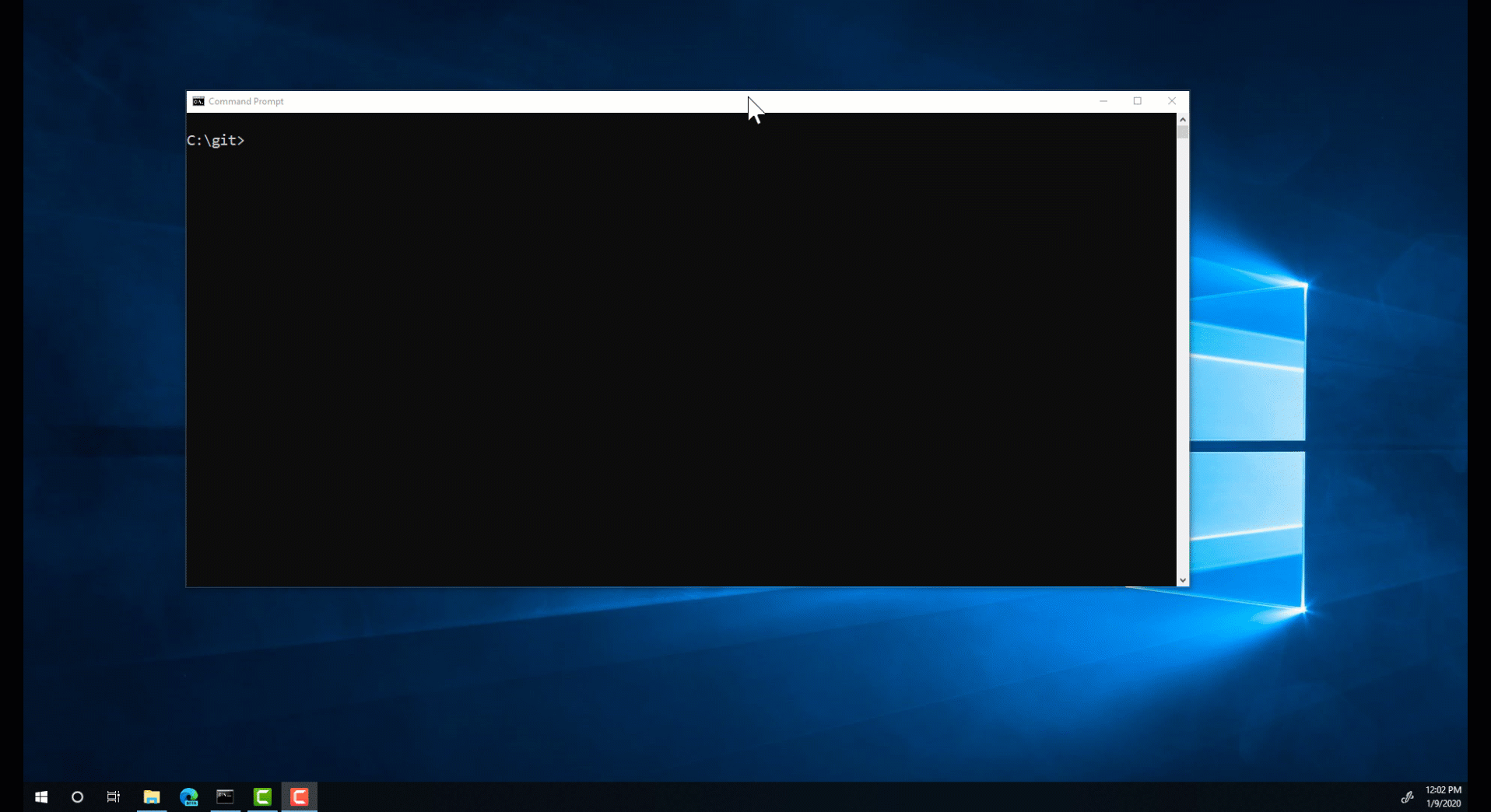generator-dapr
v0.1.15
Published
A generator to scaffold dapr projects (see dapr.io)
Downloads
52
Readme
generator-dapr
A Yeoman generator for scaffolding a dapr project. This generator creates and configures microservices in several languages, along with component manifests for state stores and pubsub mechanisms. It also includes assets and instructions for running the microservices in self-hosted mode (on your machine/device) and in Kubernetes.
Requirements
- Node.js and npm (included in modern Node versions)
- dapr CLI
Installation
Run the following commands in your preferred shell:
npm install -g yonpm install -g generator-dapr
Usage
Run yo dapr, then follow the prompts. This generator will scaffold a dapr application composed of microservices and dapr components. To run the application, consult the READMEs in each generated microservice, which will walk you through package installation, running in self-hosted mode, or building and running in Kubernetes.

Getting Started with Dapr
See dapr docs and docr samples to get started.
Building the Generator
If you're planning on forking or contributing, note that the generator is developed in TypeScript. Correspondingly, only the source code is included in this repo (in src). The code that makes up the generator itself lives in src/index.ts. The code for each microservice and component template lives in src/templates.
To build the code, run npm run build, which will compile the .ts files and copy all templates into an app directory, where Yeoman looks for them.
Who should use this?
The target audience for this generator is developers familiar with distributed systems concepts (e.g. microservices, state, pubsub) who want to quickly scaffold a dapr project. The target audience does not need to be familiar with any specific programming language, and should instead be able to use whatever mainstream language they choose, along with concepts idiomatic to that language. This audience can be bisected into two sub-audiences:
Developers with cloud-native experience: For developers with experience using containers and Kubernetes, this generator aims to make it easier to minimize the time spent searching for manifests (e.g. Redis, Kafka), building docker images, and exercising dapr features.
Developers without cloud-native experience: For developers without experience using containers and Kubernetes, this generator aims to make it easy to build a self-hosted dapr application. The generator also offers tooling and docs (e.g. makefiles, Dockerfiles, readmes) to hand-hold the developer through containerizing their microservices and deploying them to Kubernetes if they so choose.
Who should not use this?
Power users of dapr, along with app architects, who seek substantial customization of their application infrastructure should probably not use this generator, as it offers a generic application that won't satisfy highly-specific needs.
